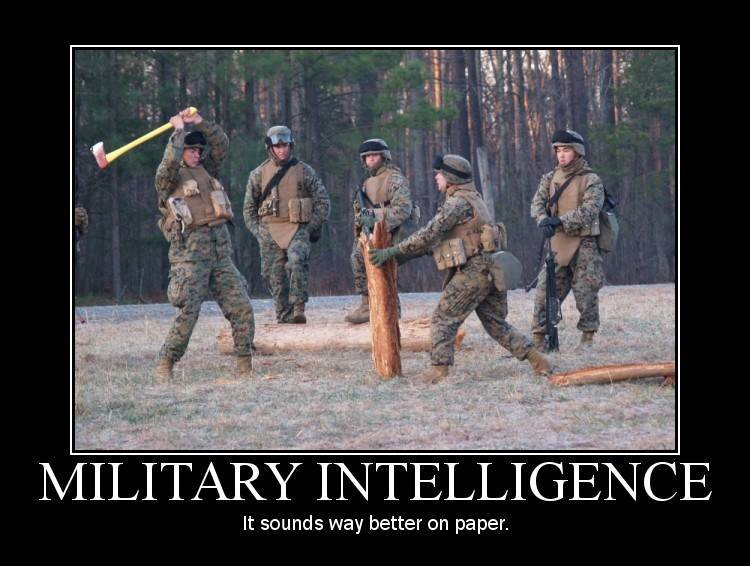You're NOT a patriot if you get duped by agitators (or even foreign agents) to hate fellow citizens, period.
- - - - -
Schon im Kalten Krieg hat man den damals sowjetischen Bemühungen zur Unterwanderung und Spaltung des Westens viel Aufmerksamkeit geschenkt. Die Annahmen, was die 'Russen' da alles bewirken könnten, waren teils schon sehr wundersam bzw. schwachsinnig. Als ob Studenten, hippies und Punks im Falle einer Krise zu Waffen greifen und Aufstände durchführen würden.
Real gelang dem KGB und der Stasi damals eher eine spionierende Infiltration, und eine recht subtile Infiltration einiger Parteien. Strauss' unerklärlicher Milliardenkredit an die DDR gehörte vielleicht zu den wichtigsten Erfolgen (aber da ist bis heute unklar, wieso der zustande kam, vielleicht war die Stasi dabei nicht mal relevant).
Die Russen scheinen erst so richtig Fahrt aufgenommen zu haben mit ihrer Unterwanderung und Spaltung, als sie aufhörten, Personenkreise wie Ingenieure, Offiziere, Politiker und Medien als Hauptziele zu betrachten und sich stattdessen darauf verlagerten, die dümmsten und leichtgläubigsten Menschen zu beeinflussen. Zudem scheinen maßgeschneiderte Botschaften viel besser zu funktionieren als primitive pseudomarxistische Ideologie und Erpressung.
Jahrelang verblieb ich bei den alten Ansichten, dass die 'Russen' in ihren subversiven Aktivitäten weitgehend ineffektiv sind, weil Routinegegenmaßnahmen die im Zaume halten und man ja wohl nur schwer so blöd sein kann, darauf reinzufallen.
Inzwischen geschieht mit mir das, was die Senioren schon immer gesagt haben; mit fortschreitendem Alter wird die Meinung über die Menschheit immer weniger rosig. Man bemerkt einfach zu viele Schwachköpfe und traut der Menschheit immer weniger zu. Dementsprechend schätze ich die Widerstandskraft gegenüber der Russenpropaganda heute auch deutlich niedriger ein als noch vor 2-3 Jahren.
Es ist einfach enttäuschend, wieviele Menschen in unserem Lande wenig wissen, wenig auf Plausibilität prüfen, viel glauben und insgesamt weitab vom wissenschaftlichen Ideal des vernunft- und beweisbasierten Strebens nach Wissen sind. Und vor allem; wieviele Menschen offenbar ein psychologisches Bedürfnis nach Feindbildern haben.
Es ist einfach enttäuschend, wieviele Menschen in unserem Lande wenig wissen, wenig auf Plausibilität prüfen, viel glauben und insgesamt weitab vom wissenschaftlichen Ideal des vernunft- und beweisbasierten Strebens nach Wissen sind. Und vor allem; wieviele Menschen offenbar ein psychologisches Bedürfnis nach Feindbildern haben.
S O
defence_and_freedom@gmx.de
edit same day:
https://www.economist.com/united-states/2018/12/08/what-psychology-experiments-tell-you-about-why-people-deny-facts
Comments are set to obligatory moderation, and moderating/unlocking may cause days of delay because of the Christmas time.
.
edit same day:
https://www.economist.com/united-states/2018/12/08/what-psychology-experiments-tell-you-about-why-people-deny-facts







